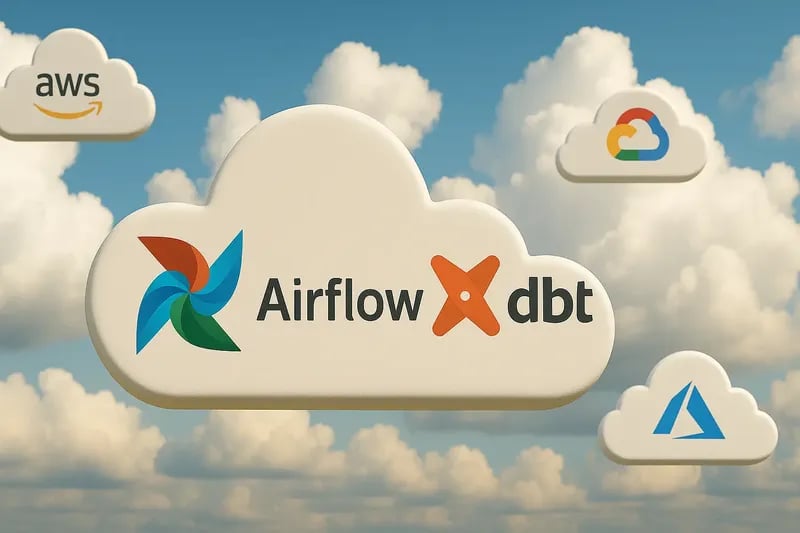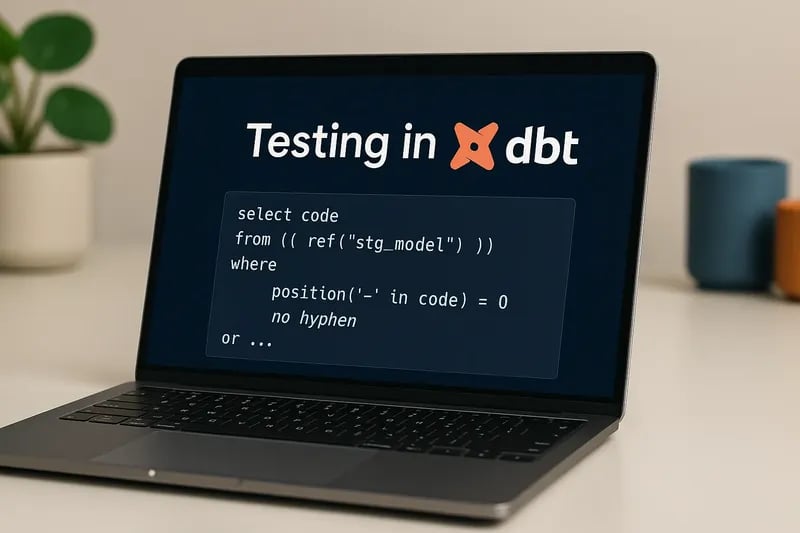
Sunscrapers Team
26 September 2022, 7 min read

Python - as you may know already - is a language that is becoming more and more popular when it comes to building web applications. As it is so, there are also numerous web frameworks to choose from. In this article, we will look at two popular micro-frameworks - one of them is Flask, and the other one is FastAPI.


